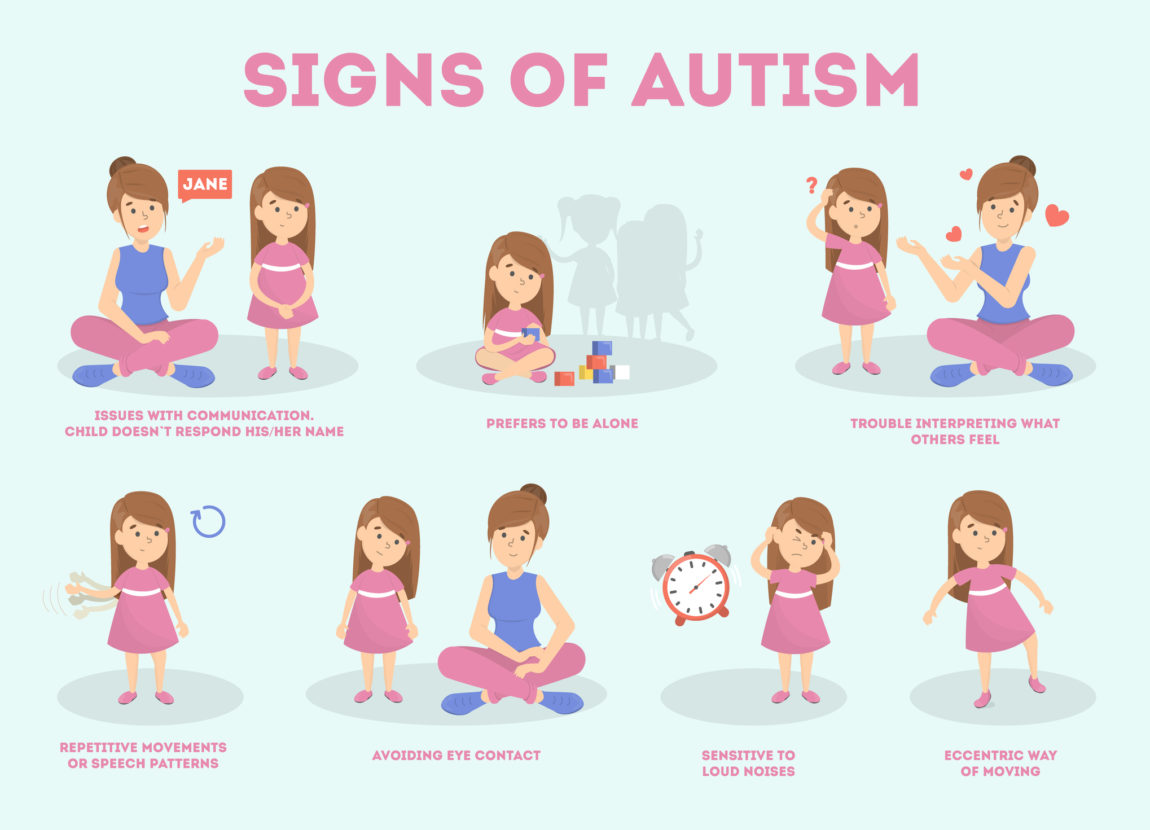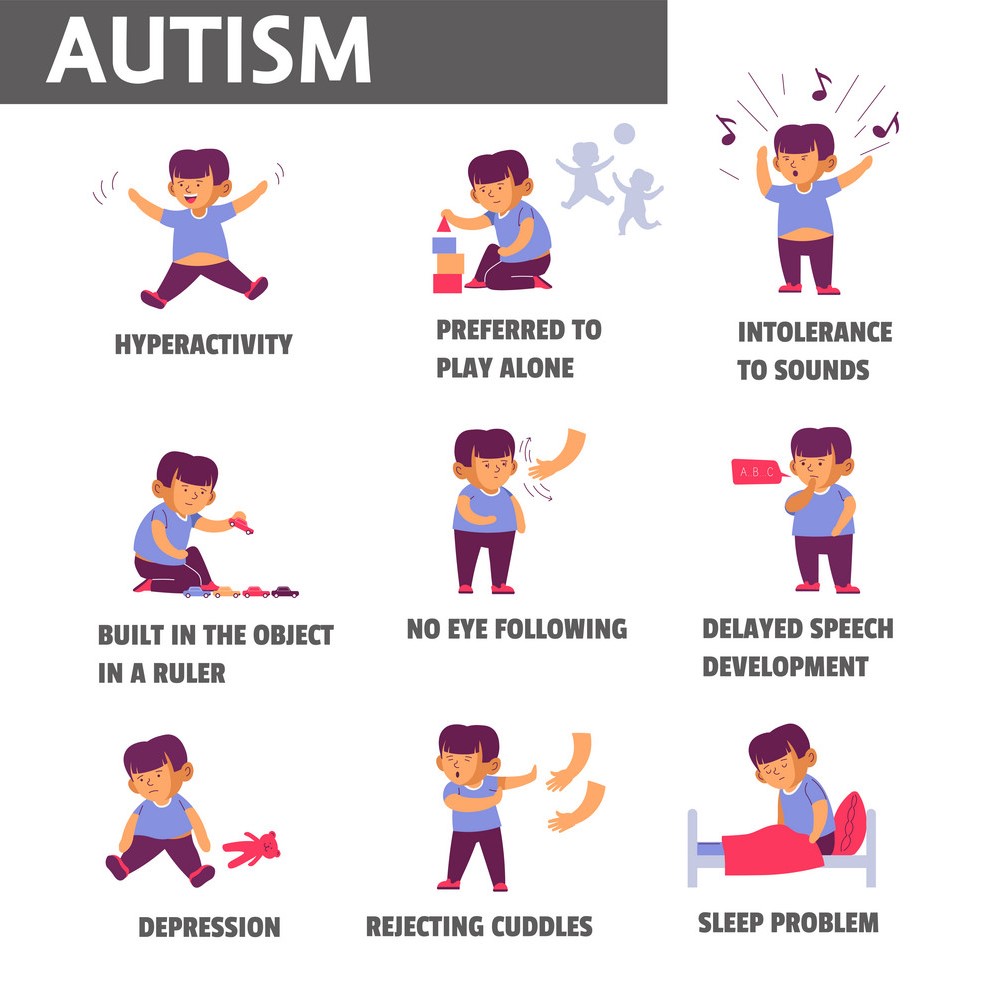For many families, especially those with roots in Asian communities, learning about autism can bring up a lot of thoughts and feelings. It's a topic that touches on how we see differences, how we talk about brain development, and the unique ways cultures shape our experiences. This piece looks at the specific experiences of an autistic Asian boy, offering insights into the cultural ideas that play a part and how we can better support these young people and their families. It’s about making sure every child gets the help they need, no matter their background, and understanding that different ways of thinking are just that – different, not wrong.
We want to share some ideas that really get to the heart of what it's like for autistic Asian children and their families. You see, it's not just about what autism means medically; it's also about how family traditions, community expectations, and even language can shape someone's path. This discussion aims to bring a bit more clarity to these important topics, so, we hope it helps open up conversations and builds stronger support networks for everyone involved.
As a matter of fact, the journey of growing up for an autistic Asian boy can be quite different from others, especially when we think about how families and communities in places like the UK, or even South Asia, approach developmental differences. It means looking at both the struggles and the many good things that come with being autistic, and finding ways to help everyone feel more included and understood. This article, you know, is here to offer a helpful guide, bringing together different viewpoints and ways of thinking about how to best support these children.
- Christina Hendricks Nudes
- Sloan Entourage
- Ashton Hall Morning Routine
- Ellaalexandraxo Leaked
- Lumis Albert Beyincé
Table of Contents
- A Look at Autistic Asian Children and Their Worlds
- What Does it Mean to Be an Autistic Asian Boy?
- Facing Cultural Ideas and Stigma
- How Do Cultural Beliefs Shape the Path for an Autistic Asian Boy?
- Finding the Way to a Diagnosis
- Why Can Getting a Diagnosis Be Hard for an Autistic Asian Boy?
- Everyday Life and Unique Strengths for the Autistic Asian Boy
- Building Support Systems for Autistic Asian Boys
A Look at Autistic Asian Children and Their Worlds
Thinking about autistic Asian children, we really see a mix of things that make up their lives. It's not just about the typical ideas people have about autism; it's also about how their family's history and community customs play a part. For example, some people who share their experiences, like a neurodiverse Asian woman living in the UK, talk about how their own life, growing up, getting a diagnosis, and facing different situations, really shaped who they are. It’s a bit like looking at a picture with many different colors and textures, all coming together to show a full story.
This means we need to think about cultural ways of doing things and support plans for autistic Asian children and their families. It’s a very important guide, you know, that helps us see the different aspects. We get to look at the tough spots and the really good things about autistic Asians, pushing for help that includes everyone and a deeper appreciation for different cultural ways. This kind of open discussion helps everyone, from those just starting to learn about neurodiversity to people who have known about it for a while.
The stories we hear, say, from parents like Reena, who has two boys, one of whom is autistic, really bring these ideas to life. She started putting her thoughts down on paper after an operation, sharing what it was like for her. Then there's Jenny Mai Phan, who is an Asian American autistic autism researcher and also a mother to four children, two of whom are autistic. These personal accounts help us get a better sense of what people actually go through, and why it's so important to have conversations about this topic.
What Does it Mean to Be an Autistic Asian Boy?
When we talk about autism, we are really talking about a brain difference that influences how people see others and connect with them. This often leads to some ways of communicating and interacting that are not what most people expect. It’s something a person is born with, and the signs might show up pretty early on. So, for an autistic Asian boy, this means his brain works in a way that is just a bit different from other people, not that he has an illness or a problem that needs fixing, really.
Autism Spectrum Disorder, or ASD, is the full medical term for autism. It's a developmental situation caused by differences in the brain. People with ASD often have some things they find hard with social communication and how they interact with others. Their abilities and what they need can change over time, too. It’s about how a person takes in information, how they talk with others, and how they experience the things around them. This is what it means to be autistic, whether you are an autistic Asian boy or anyone else.
The core message here is that being autistic simply means your brain is wired in a different way. It’s not a sickness or a condition that makes someone less capable. It just means they might process things or react to situations in ways that are not typical. So, thinking about an autistic Asian boy, it’s about recognizing that his unique way of being in the world is a part of who he is, and it's a part that deserves respect and support, as a matter of fact.
Facing Cultural Ideas and Stigma
Growing up in some communities, like the South Asian one, the idea of being autistic might not even be something people consider. It’s almost as if it wasn't a choice for many. Some parents, as Wang points out, might feel a sense of shame if their child has developmental issues. This can lead to a situation where they might overlook signs of conditions like autism, meaning that many children never get the help they need. This cultural way of thinking can create extra hurdles for an autistic Asian boy and his family.
There's also the point that a lot of actions that are often seen as 'Asian' can actually be quite similar to traits of autism. This means that many autistic Asians might not be getting a diagnosis, just because their ways of acting are seen as typical for their culture, rather than as signs of a different brain wiring. So, it's a bit like a hidden challenge, where the very things that make someone feel like they belong can also hide a need for support, you know.
Many Asian families, say those who work to help them, can get caught up in feelings of shame, language differences, and not enough community help. These things make it hard for families of children with autism to find and use the services they need. It’s a very real problem that affects how an autistic Asian boy gets the proper attention and support he deserves. This is why it’s so important to talk about these cultural ideas openly and work to break down the barriers they create.
How Do Cultural Beliefs Shape the Path for an Autistic Asian Boy?
Cultural beliefs have a pretty big impact on how an autistic Asian boy's life unfolds. For some families, there's a strong idea of what a 'good' child or a 'successful' person looks like, and developmental differences might not fit into that picture. This can lead to families feeling like they need to keep things quiet, perhaps to protect their child or their family's standing in the community. It's a heavy burden, really, for parents who just want what's best for their child.
The idea of 'face' or honor within a family or community can also play a part. If a child has a developmental condition, some parents might feel it reflects poorly on them or their family line. This feeling can make them hesitant to seek professional help or even talk about their child's unique needs with others. It's a very personal struggle, and it means that the journey for an autistic Asian boy can be shaped by these deep-seated cultural expectations.
Moreover, the way people talk about health and differences can be very different across cultures. What might be openly discussed in one place could be a very private matter in another. This means that cultural ways of communicating can make it harder to get information or to share worries about an autistic Asian boy. It’s a subtle but powerful force that influences everything from getting a diagnosis to finding everyday support, as a matter of fact.
Finding the Way to a Diagnosis
Getting a diagnosis for autism can be a long process for any child, but for an autistic Asian boy, there are often extra things that make it even harder. We have already talked about how cultural ideas can make families less likely to look for help. This means that the signs of autism might be missed or put down to other things for a longer time. So, the journey to getting a clear picture of what's going on can be delayed, which means support also gets delayed.
Language differences also play a significant part. If parents or caregivers don't speak the same language as the medical professionals, it can be very hard to explain what they are seeing in their child. It can also be hard for them to understand the information given to them about autism and what steps to take next. This communication barrier, you know, can feel like a very tall wall between families and the help they need.
Then there's the issue of not having enough resources in the community that are sensitive to different cultures. This means that even if a family decides to look for help, they might not find services that truly get their cultural background or can communicate with them in a way that feels comfortable and clear. This lack of fitting support can make the whole process of getting a diagnosis and then finding ongoing help a much tougher road for an autistic Asian boy and his family.
Why Can Getting a Diagnosis Be Hard for an Autistic Asian Boy?
One reason getting a diagnosis can be hard for an autistic Asian boy is simply how autism is understood within some cultural settings. If there’s a belief that developmental differences are a private family matter, or something to be kept quiet, then seeking an official diagnosis might feel like bringing shame to the family. This deeply held belief can make parents hesitant to even consider the possibility, let alone talk to a doctor about it. It’s a very personal decision, and it’s often tied to strong community expectations, as a matter of fact.
Another thing that makes it tough is that some behaviors that are common in autism might be seen as normal or even desired traits in certain Asian cultures. For example, being quiet, preferring to spend time alone, or focusing very intently on one specific interest might be seen as signs of a thoughtful or studious child, rather than something that could point to autism. So, these actions might not raise any red flags for parents or teachers, which means a diagnosis could be missed for an autistic Asian boy.
Finally, the lack of culturally aware health services can really make things difficult. If doctors or therapists don't understand the cultural context, they might misinterpret what they see or hear from families. They might not know how to ask questions in a sensitive way, or they might not have materials in the family's first language. This can lead to misunderstandings and a feeling of not being truly heard, which can make families give up on seeking a diagnosis for their autistic Asian boy, you know.
Everyday Life and Unique Strengths for the Autistic Asian Boy
Life for an autistic Asian boy, like anyone who is autistic, involves a unique way of experiencing the world. This means they might process sounds, sights, or social cues differently. It’s not about having a lack of ability, but rather a different kind of wiring in the brain. This can mean they have very strong interests, a good eye for details, or a unique way of looking at problems. These are strengths that can be really quite remarkable, as a matter of fact.
While there can be challenges with social communication or unexpected reactions to changes in routine, these are often balanced by many good qualities. An autistic Asian boy might show incredible focus when interested in something, or have a very honest and straightforward way of speaking. These traits, while sometimes needing a bit of getting used to for others, are really valuable parts of who they are. We should really work to see these as special qualities rather than things to change.
It's important to keep in mind that every autistic person is different, and this holds true for an autistic Asian boy as well. Their abilities and needs can shift and grow over time. This means that what might be a struggle one day could become easier with the right kind of support and a bit of practice. The main thing is to celebrate their unique qualities and help them grow into the best version of themselves, you know, just like any child.
Building Support Systems for Autistic Asian Boys
Creating good support systems for autistic Asian boys means thinking about their cultural backgrounds and what their families need. It’s about more than just medical care; it’s about making sure that the help offered feels right and makes sense within their family's way of life. This involves working with families to find strategies that fit their unique situations, rather than just giving a one-size-fits-all solution. So, it's about being flexible and really listening to what people say they need.
One big part of building support is breaking down the ideas that cause shame and
Related Resources:



Detail Author:
- Name : Prof. Barrett Vandervort
- Username : salvador67
- Email : rcorwin@hotmail.com
- Birthdate : 1973-12-23
- Address : 622 Kara Circle New Cruzshire, ND 70323-2299
- Phone : +1-801-775-3312
- Company : Mitchell-McClure
- Job : Real Estate Broker
- Bio : Repellat in quaerat quo repellat quas suscipit atque. Reprehenderit dolorem expedita nobis aut ex quas veniam. Quia nam ut ut.
Socials
linkedin:
- url : https://linkedin.com/in/otilialind
- username : otilialind
- bio : Numquam occaecati exercitationem voluptas optio.
- followers : 4147
- following : 851
instagram:
- url : https://instagram.com/otilia6402
- username : otilia6402
- bio : Aut in corrupti odit ex iste omnis deserunt. Ea sapiente dolores eaque error error qui et.
- followers : 2617
- following : 2823
facebook:
- url : https://facebook.com/otilialind
- username : otilialind
- bio : Molestiae amet ad hic incidunt.
- followers : 288
- following : 2321